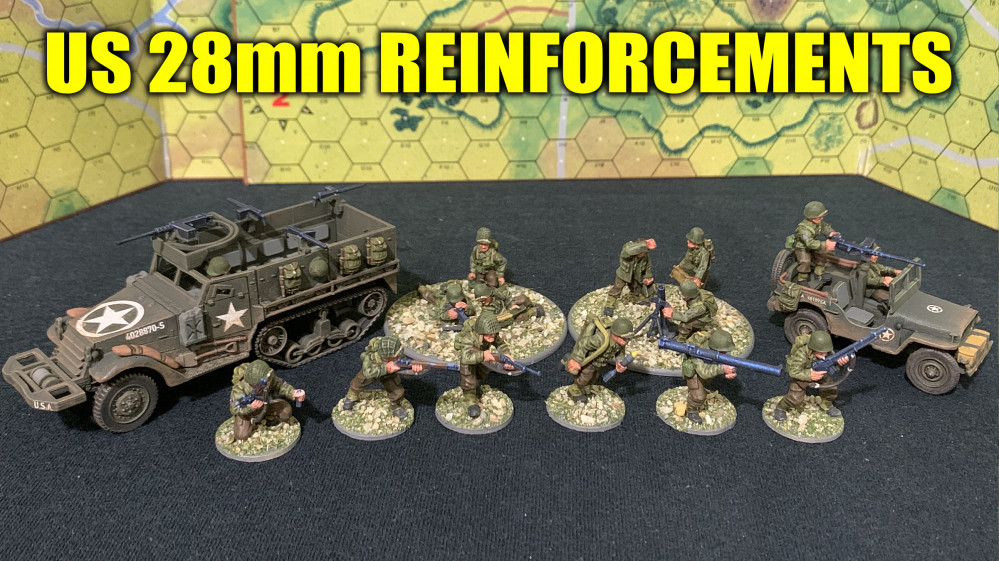
Oriskany's US 28mm Reinforcements
RED DRAGON 2028: Live Stream "What-If" Community Wargame
The year is 2028. After nearly a decade of continual escalations of tensions in the Straits of Formosa, the unthinkable has finally happened. The People’s Republic of China has committed to a conventional-forces invasion of Taiwan, and as the United States and her allies respond, full scale war erupts throughout the battlefields, skies, and seas across the western Pacific.
Join @Damon and I as we imagine the opening ground battles of such a war, wargaming a Modern Era Panzer Leader scenario with a joint task force of US Army and JSDF forces – rushing to relieve beleaguered Taiwanese defense troops. The Taiwanese battalion doesn’t have long, crumbling beneath a gigantic armored spearhead of China’s People’s Liberation Army.
Sunday, August 8 – 2PM East US Time, 7PM UK Time
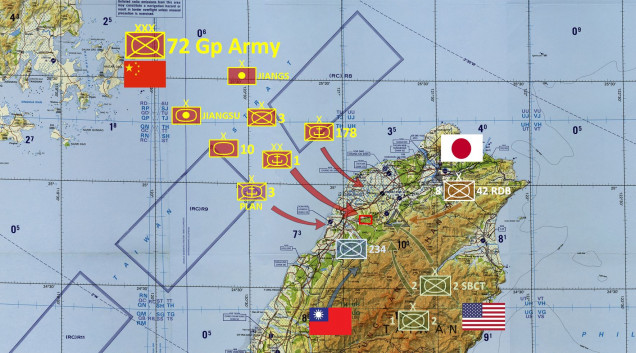 Here is the scenario, at least on the northern coast of Taiwan. The Chinese are Taiwanese forces involved are actual units that would almost certainly participate in a propsective conflict like the one we are imagining. The US Forces are also real, 2nd Striker Brigade Combat Team / 2nd US Infantry would almost certainly be involved (2nd US Infantry is earmarked for defense of South Korea), the deployment of 2nd Armored Brigade Combat Team / 1st US Infantry (Mechanized) is a little more speculative. Most speculative is the Japanese 42nd Rapid Deployment Brigade / 8th Division. As an RDB deployed in the southernmost part of Japan, it's a solid guess ... but Japanese troops deployed into other nations presents significant Constitutional issues for the Japanese government.
Here is the scenario, at least on the northern coast of Taiwan. The Chinese are Taiwanese forces involved are actual units that would almost certainly participate in a propsective conflict like the one we are imagining. The US Forces are also real, 2nd Striker Brigade Combat Team / 2nd US Infantry would almost certainly be involved (2nd US Infantry is earmarked for defense of South Korea), the deployment of 2nd Armored Brigade Combat Team / 1st US Infantry (Mechanized) is a little more speculative. Most speculative is the Japanese 42nd Rapid Deployment Brigade / 8th Division. As an RDB deployed in the southernmost part of Japan, it's a solid guess ... but Japanese troops deployed into other nations presents significant Constitutional issues for the Japanese government.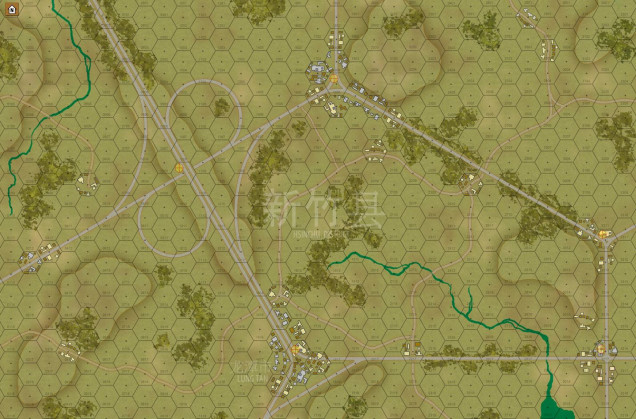 Here is the map for today's game (Panzer Leader / Tactical Combat Middle East - with new units created by myself)
Here is the map for today's game (Panzer Leader / Tactical Combat Middle East - with new units created by myself)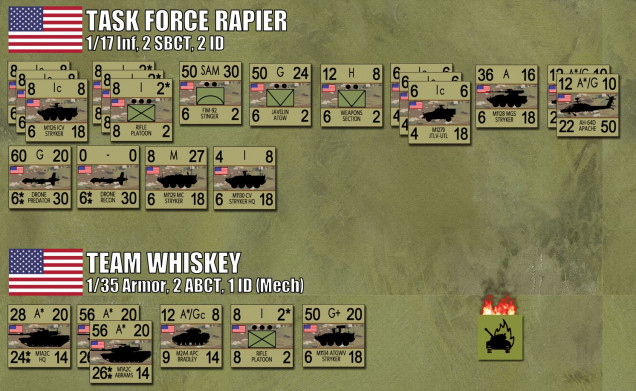 The American forces, two reinforced companies, basically, with some additional support assets. Note the heavy deployment of the "Stryker" combat vehicle in a wide array of variants. These are largely replacing the traditional idea of the "tank" or "APC" in many mission profiles of the US Army since 2007.
The American forces, two reinforced companies, basically, with some additional support assets. Note the heavy deployment of the "Stryker" combat vehicle in a wide array of variants. These are largely replacing the traditional idea of the "tank" or "APC" in many mission profiles of the US Army since 2007.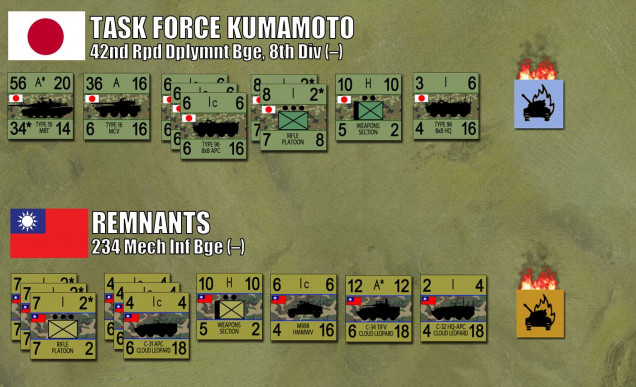 The Japanese and Taiwanese allies ... Again, small numbers, but the JSDF is a pretty advanced force.
The Japanese and Taiwanese allies ... Again, small numbers, but the JSDF is a pretty advanced force.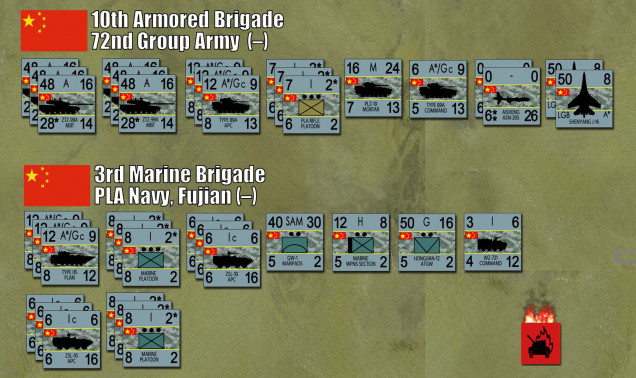 The invading Chinese, part PLA (People's Liberation Army) - and some Marines of the People's Liberation Army Navy (PLAN). J-16 fighter-bombers (Chinese version of the SU-27 Flanker) for tactical air support. Notice both sides also have drones for additional air capability.
The invading Chinese, part PLA (People's Liberation Army) - and some Marines of the People's Liberation Army Navy (PLAN). J-16 fighter-bombers (Chinese version of the SU-27 Flanker) for tactical air support. Notice both sides also have drones for additional air capability. The scenario:
The date is August 8, 2028. After a series of escalating incidents, a disastrous trade war, and diplomatic failures, the People’s Republic of China sees no choice in launching a conventional-forces war into Taiwan.
American intelligence, along with their allies throughout the Western Pacific, have some warning against the impending onslaught, but not nearly enough to stop it in its tracks. Still, the initial Chinese assault and lodgement across the Straits of Taiwan is one of the costliest maritime military operations since the Seconde World War.
The initial phase of the Chinese assault comes as a series of gargantual airlifts, striking at three points up and down the eastern Taiwan, coming at Kaohsiung in the south, T’aichung in the center, and near the capital Taipei in the north. These are, for the most part, costly failures, resulting in a catastrophic loss of aicraft and paratroopers for the PLAAF and airmobile forces.
However, these were largely feints, sacrifical openers to trigger response protocols for the Taiwanese military and the US Navy’s Seventh Fleet. The real shove comes just hours later, a massive sealift operation by enormous fleets of PLAN and PLA amphibious assault and Marine forces, largely spearheaded by heavy-lift hovercraft.
Even these assaultys run into serious trouble, hammered by the American and Taiwanese … and later Japanese … naval airstrikes. However, the northern lodgement at Hsinchu secures a viable (if embattled) beachhead.
Meanwhile, surviving PLA airborne units have secured a tenuous foothold at Kaohsiung in the south. And here is the one lucky break the Americans and her western Pacific allies have caught so far … while the Chinese have indeed landed two solid and growing lodgements on Taiwan … they are spaced far apart, and thus remain vulnerable if a counterattack can be mustered quickly enough.
Forces, however, remain scare, and even for the US military, air- and sealift capability across the vast Pacific remains limited. Nor can the allies send all the forces they would want to … South Korean forces (and many American units in South Korea as well) are cannot freely deploy to Taiwan … given the threat still posed by North Korea. Suffice it say that as the invasion of Taiwan gathers steam, the situation along the 38th Parallel is … tense. Also, Japan’s constitution strictly limits the degree to which the JSDF can deploy combat assets to other countries, and the Japan’s Diet remains locked in furious debate over expanding their response to the crisis.
In this scenario, we find ourselves entering the fourth day of the war. Leading elements of two American Brigade Combat Teams (TF 1/35 of the 2nd Armored BCT / 1st US Infantry Mechanized) and 1/17 of the 2nd Stryker BCT 2nd US Infantry) have been formed into Task Force Rapier, which you command. Having landed in Taiwan, orders are to push west with all possible speed to head off gathering PLA armored spearheads breaking out of the Hsinchu beachhead, threaten the southwestern approaches to Taipei. From the north, you are joined by Task Force Kumomoto of the JSDF.
Ahead of you, somewhere in the chaos of the battlefield, the crumbling remnants of the Taiwanese 234th Mechanized Brigade is sacrificing itself in a desperate delaying action againt unbelievable odds. Your communications officer reports they have been screaming for help for the past two hours …
… And for the last few minutes, they have been screaming for orders.
Just then, your XO delivers the report from Brigade, Chinese “heavy rocket regiments” (IRBMs – with conventional warheads thank God), have annihilated most of the Taiwanese command and control network. Their military is now effectively leaderless.
As your lead units draw close to the survivors 234th Mechanized, still locked in a death grapple against far superior units, your communication officer manages to raise them on an allied frequency. You ask who is in command up there.
In frantic but perfect English, the reply comes back:
“You are, sir.”
Good luck.





























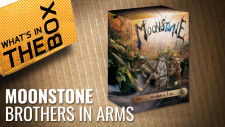





















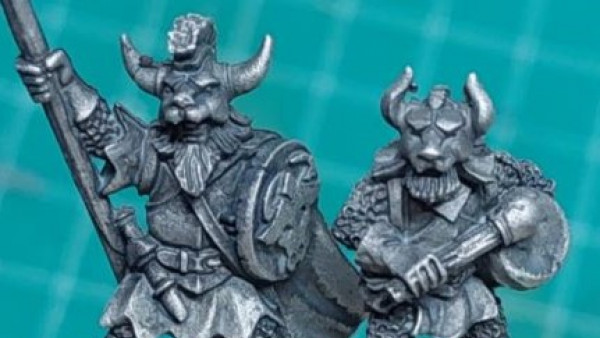
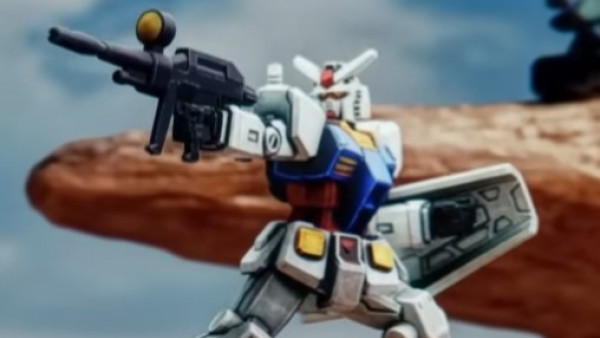

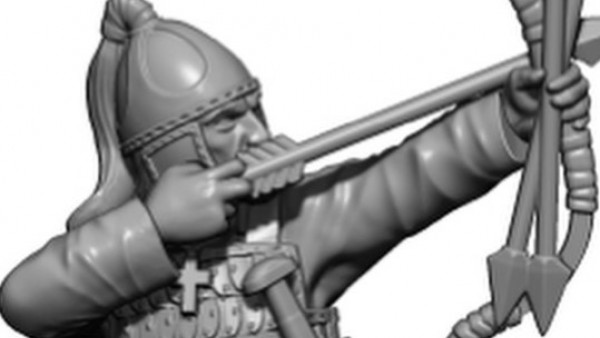
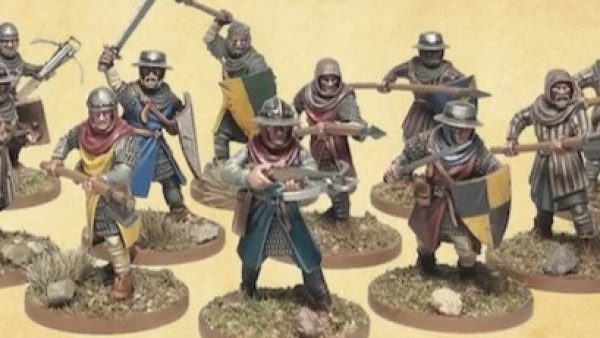
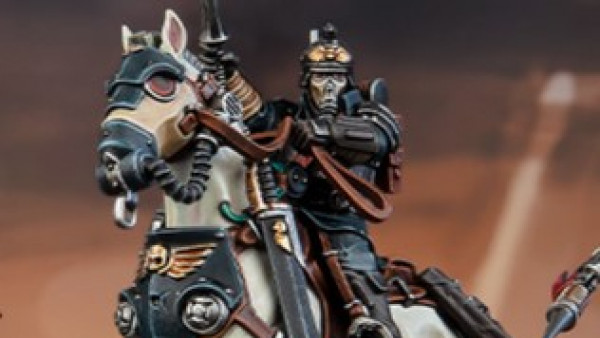

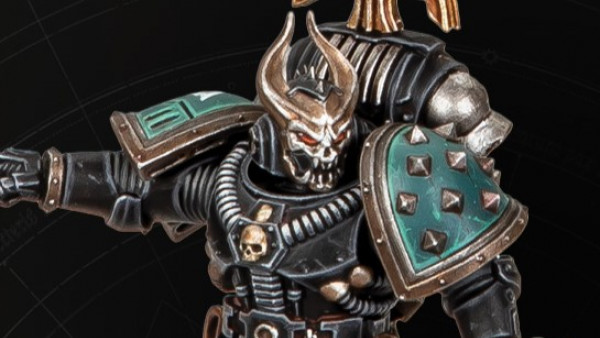
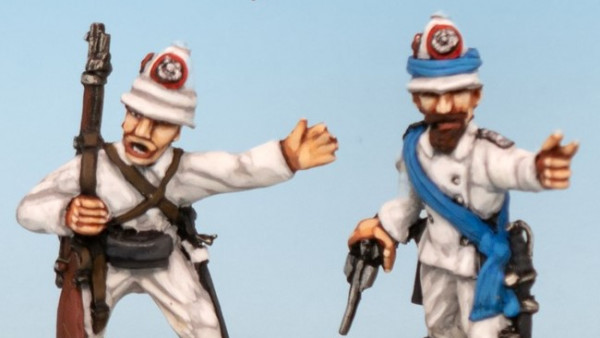

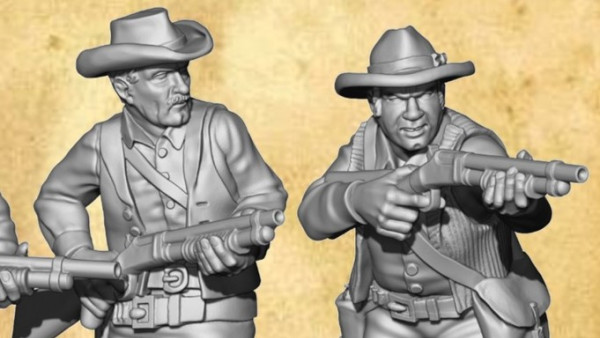
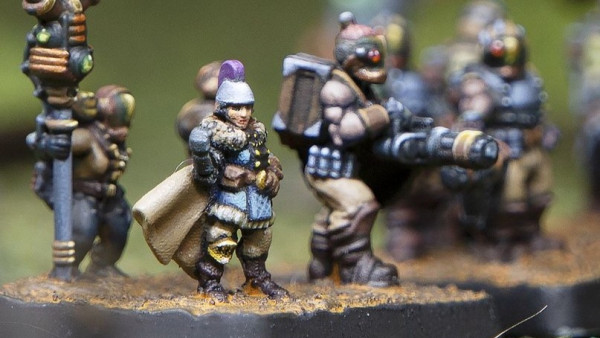

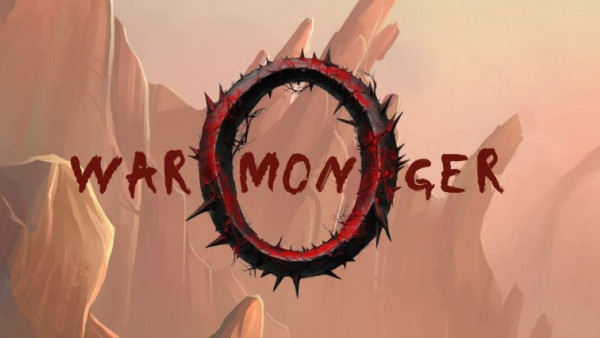

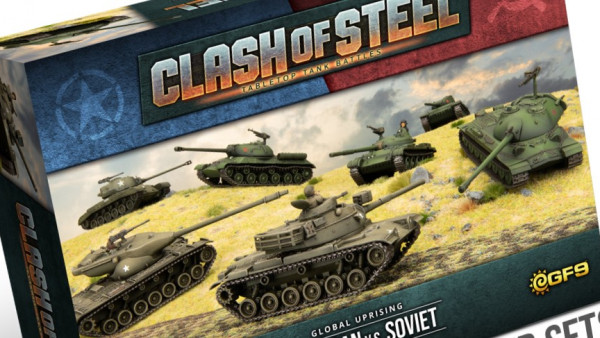
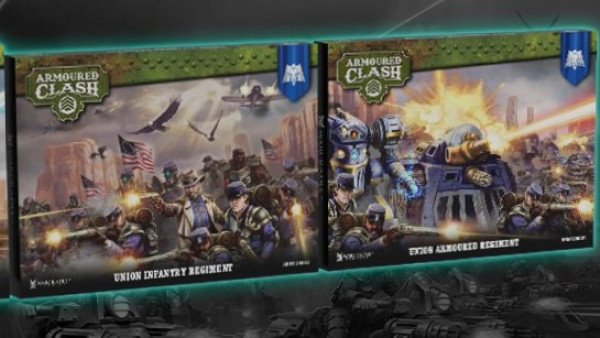
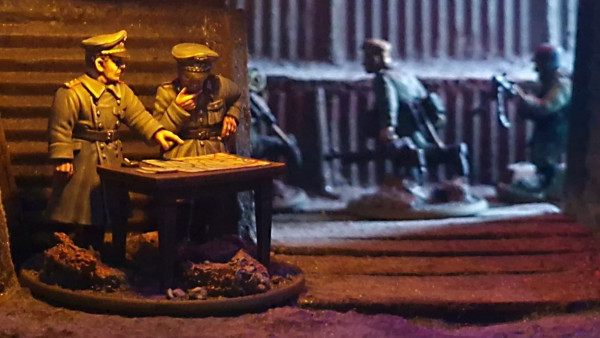
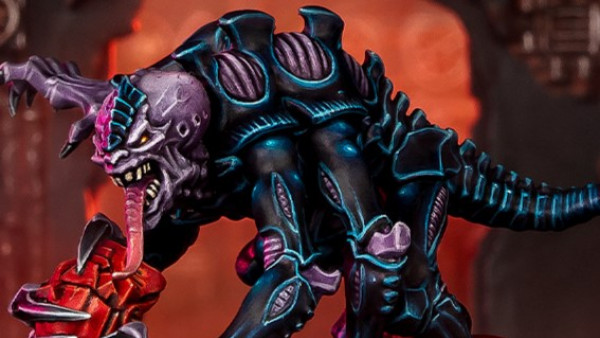
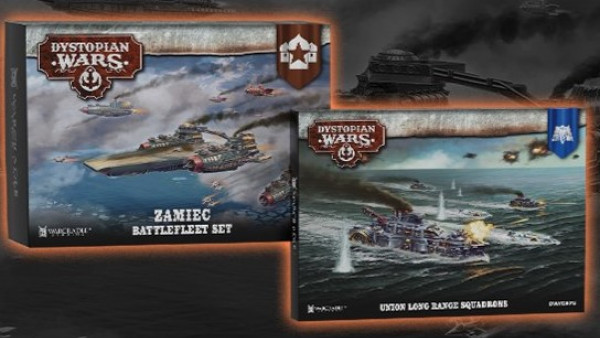
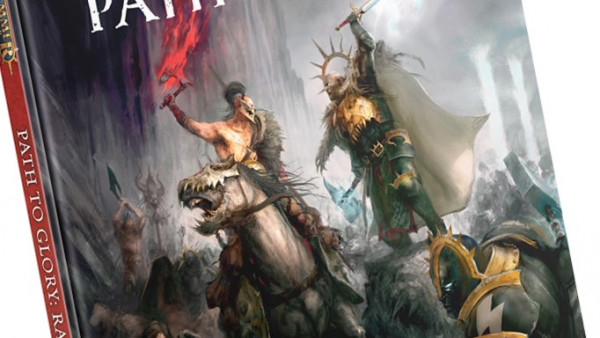


Leave a Reply